Russia to soften EU worries over gas supply
Russia will propose a new rapid alert mechanism to give Europe advance warning should Moscow cut off gas supplies.
Tuesday, 23.10.2007.
16:50

Russia will propose a new rapid alert mechanism to give Europe advance warning should Moscow cut off gas supplies. Speaking ahead of a Russia-EU summit in Mafra, Portugal, Russia's ambassador to the European Union Vladimir Chizhov, said the alert system was meant to help restore Europe's confidence in Russia as a reliable energy supplier. Russia to soften EU worries over gas supply Russia is the biggest supplier of gas to the EU, most of which reaches the bloc through the Ukraine and Belarus. "Russia has agreed to warn the EU if Gazprom decides to turn off the tap," Chizhov said. Russians officials said the warning system would include a special telephone hotline between Brussels and the Kremlin. Moscow and Brussels would have to designate officials to be on call 24 hours a day in case of an energy supply crisis. The meeting Friday between the EU and Russia comes as relations between the world's biggest country and the world's biggest trading bloc are severely strained. Russia has refused to end an embargo on Polish farm exports, prompting Poland to retaliate against the Russian embargo by refusing to lift a veto that would allow negotiations over an EU-Russian partnership agreement governing trade, energy and human rights to continue. In the field of energy, the EU wants to avoid a repeat of the events of late 2005, when the Russian state-owned energy giant Gazprom cut gas supplies to the Ukraine in a pricing battle that led to shortages across the Continent. A dispute between Russia and Belarus last December and January also affected oil supplies to some European countries. Chizhov said energy would figure prominently at the meeting Friday, where he said Russia would also voice its concerns with a new European Commission proposal to prevent Gazprom from taking over power networks in Europe. Under plans submitted by the commission, non-EU companies would be barred from owning a majority stake in gas pipelines or electricity power grids unless their home country signs a reciprocal agreement with the EU. The proposal was contained in a package of measures designed to liberalize the European energy market, underlining European concern that Gazprom would buy up energy assets across the Continent. Chizhov said Moscow was still studying the proposal - dubbed the "Gazprom clause" by many in Brussels - which he said showed it was the EU, not Moscow, that was using its energy resources for political ends. He said the proposal was a source of concern to the Kremlin and Gazprom, since "no matter how you look at it, the proposal does not comply with market principles."
Russia to soften EU worries over gas supply
Russia is the biggest supplier of gas to the EU, most of which reaches the bloc through the Ukraine and Belarus."Russia has agreed to warn the EU if Gazprom decides to turn off the tap," Chizhov said. Russians officials said the warning system would include a special telephone hotline between Brussels and the Kremlin.
Moscow and Brussels would have to designate officials to be on call 24 hours a day in case of an energy supply crisis.
The meeting Friday between the EU and Russia comes as relations between the world's biggest country and the world's biggest trading bloc are severely strained.
Russia has refused to end an embargo on Polish farm exports, prompting Poland to retaliate against the Russian embargo by refusing to lift a veto that would allow negotiations over an EU-Russian partnership agreement governing trade, energy and human rights to continue.
In the field of energy, the EU wants to avoid a repeat of the events of late 2005, when the Russian state-owned energy giant Gazprom cut gas supplies to the Ukraine in a pricing battle that led to shortages across the Continent.
A dispute between Russia and Belarus last December and January also affected oil supplies to some European countries.
Chizhov said energy would figure prominently at the meeting Friday, where he said Russia would also voice its concerns with a new European Commission proposal to prevent Gazprom from taking over power networks in Europe.
Under plans submitted by the commission, non-EU companies would be barred from owning a majority stake in gas pipelines or electricity power grids unless their home country signs a reciprocal agreement with the EU.
The proposal was contained in a package of measures designed to liberalize the European energy market, underlining European concern that Gazprom would buy up energy assets across the Continent.
Chizhov said Moscow was still studying the proposal - dubbed the "Gazprom clause" by many in Brussels - which he said showed it was the EU, not Moscow, that was using its energy resources for political ends.
He said the proposal was a source of concern to the Kremlin and Gazprom, since "no matter how you look at it, the proposal does not comply with market principles."










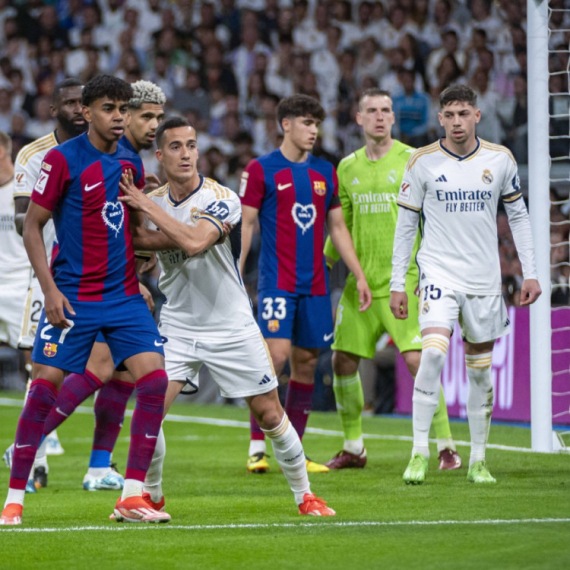
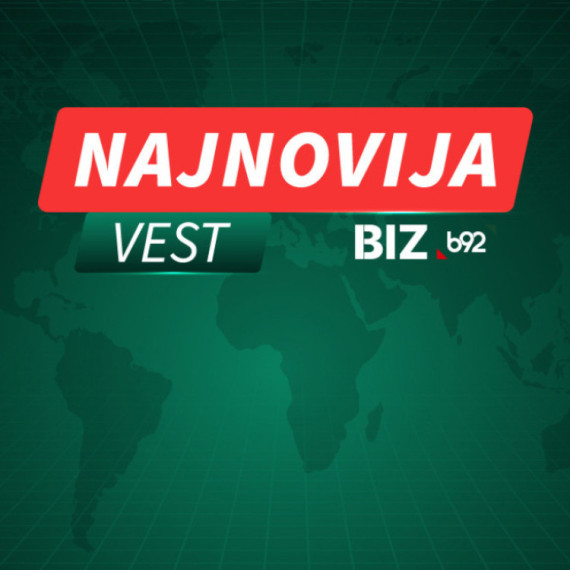
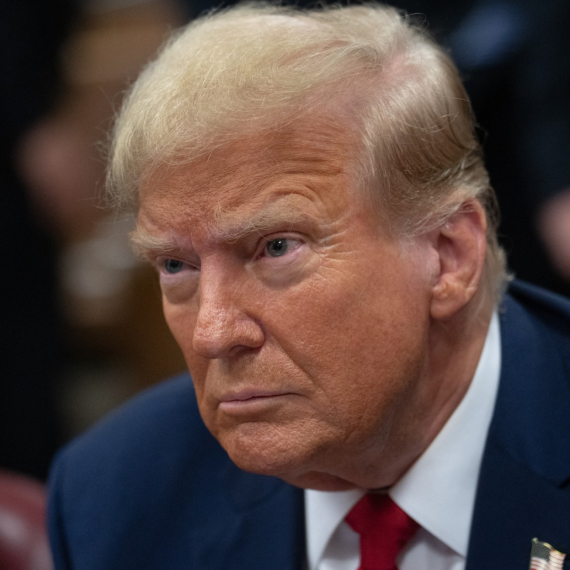

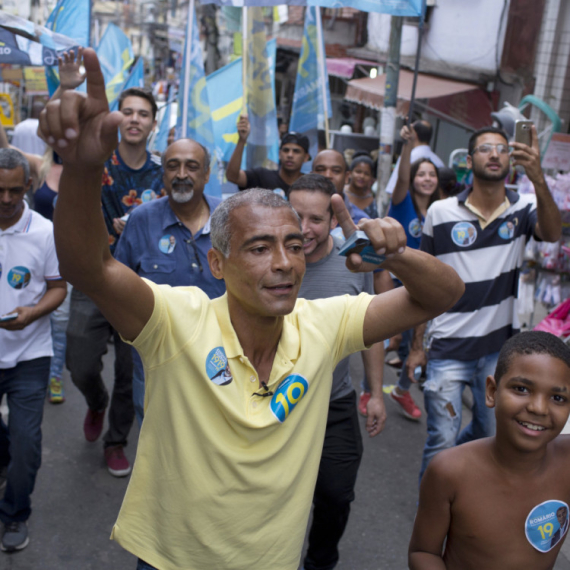

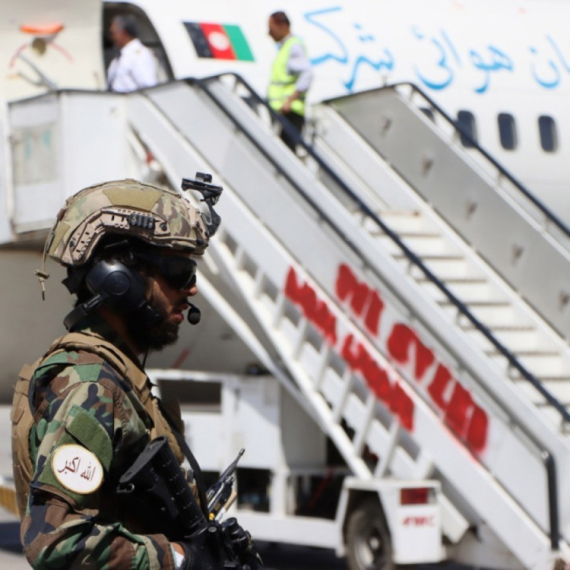
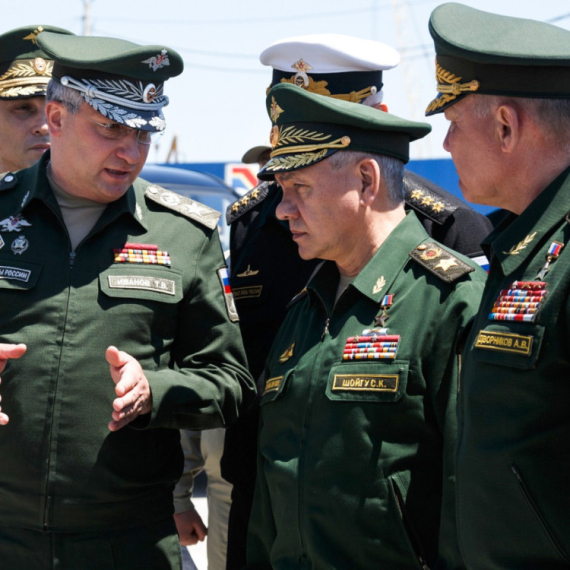
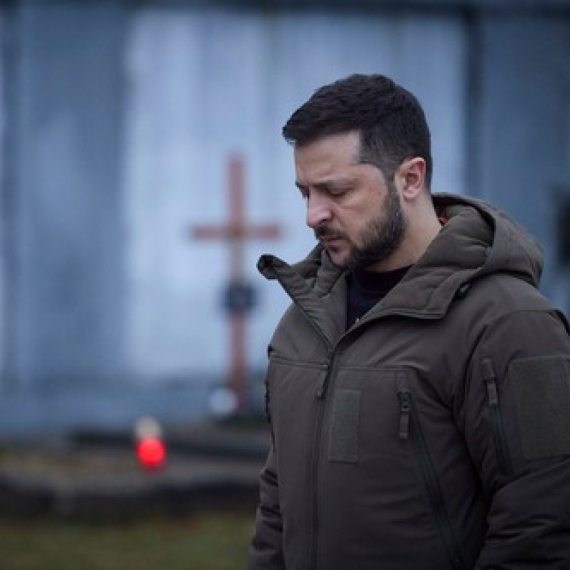

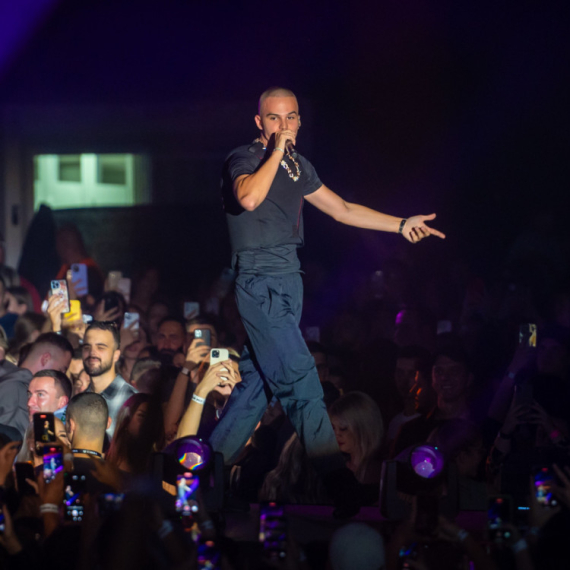
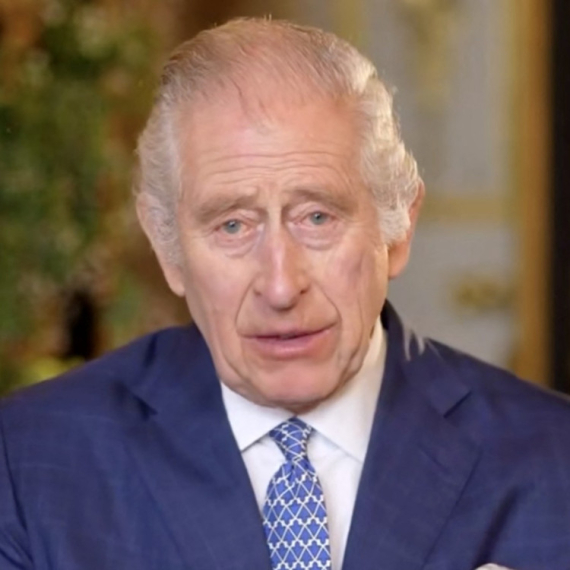
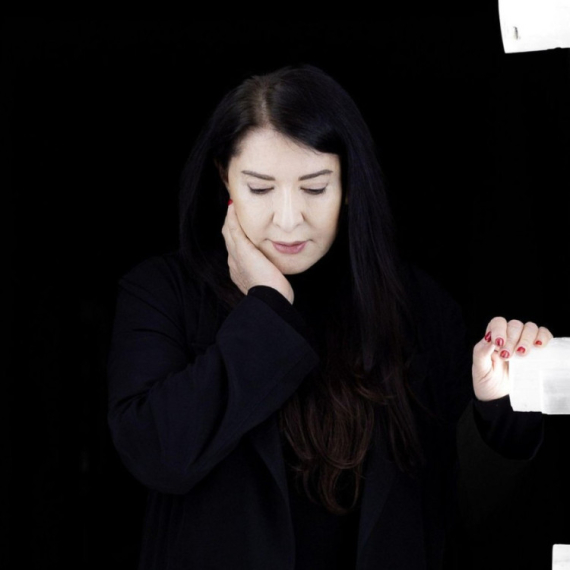






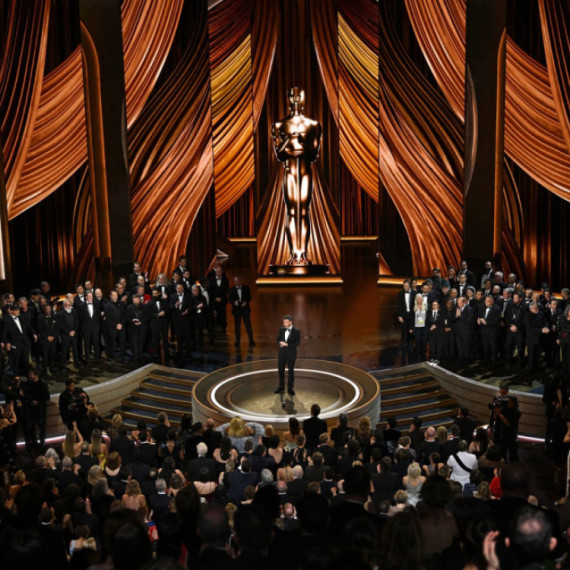











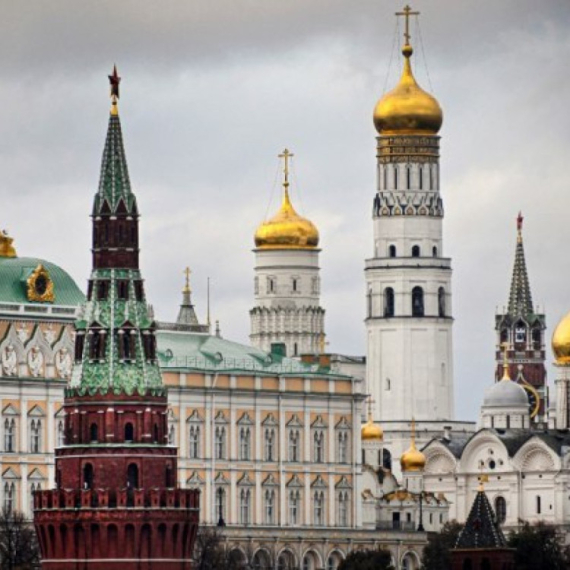





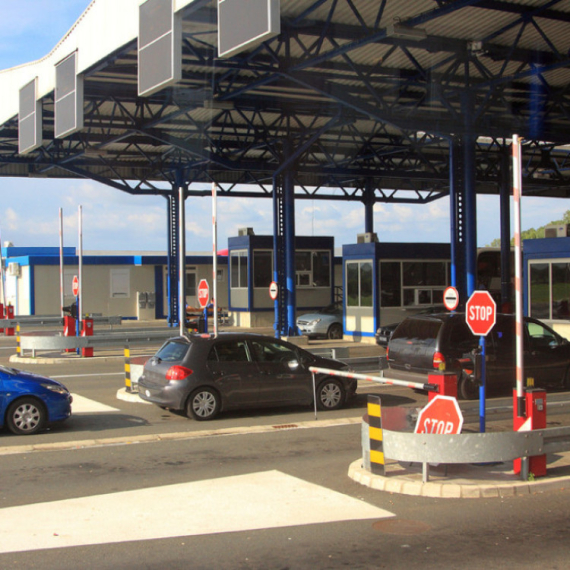

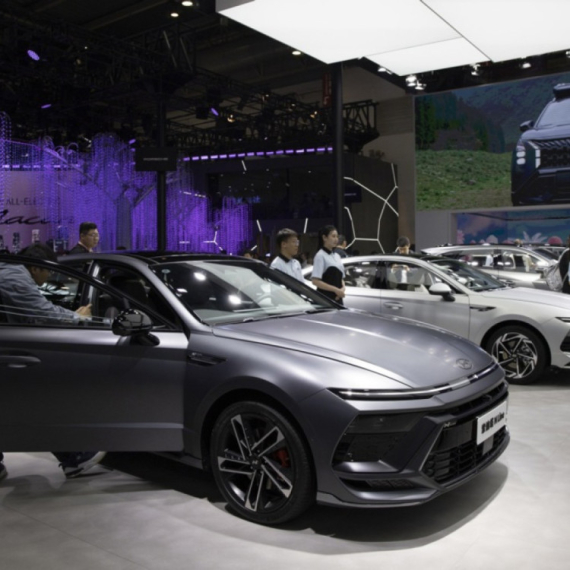
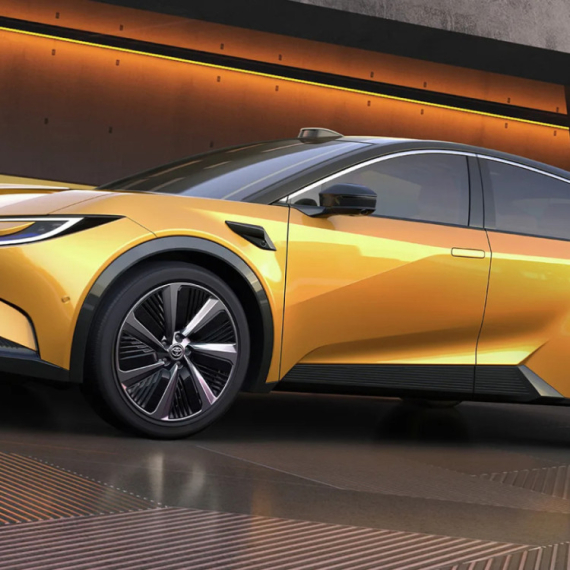


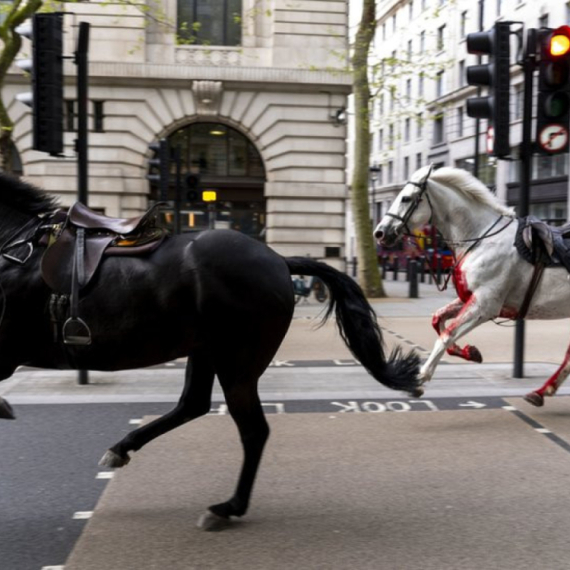
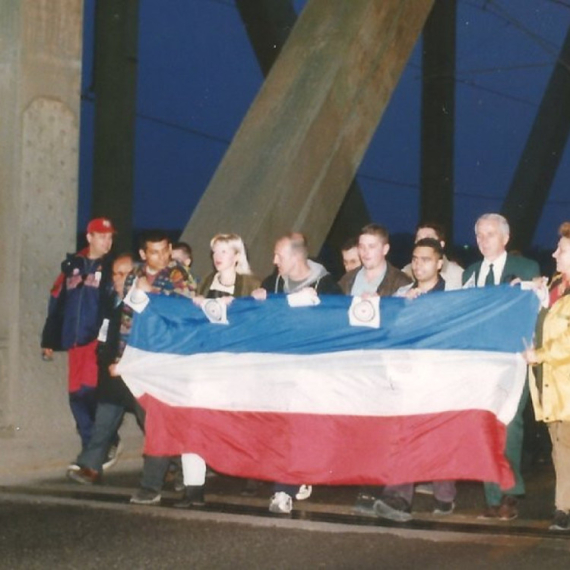
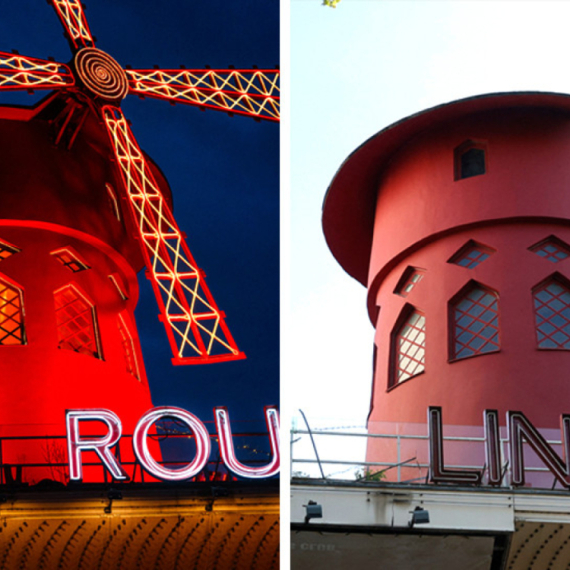


Komentari 1
Pogledaj komentare